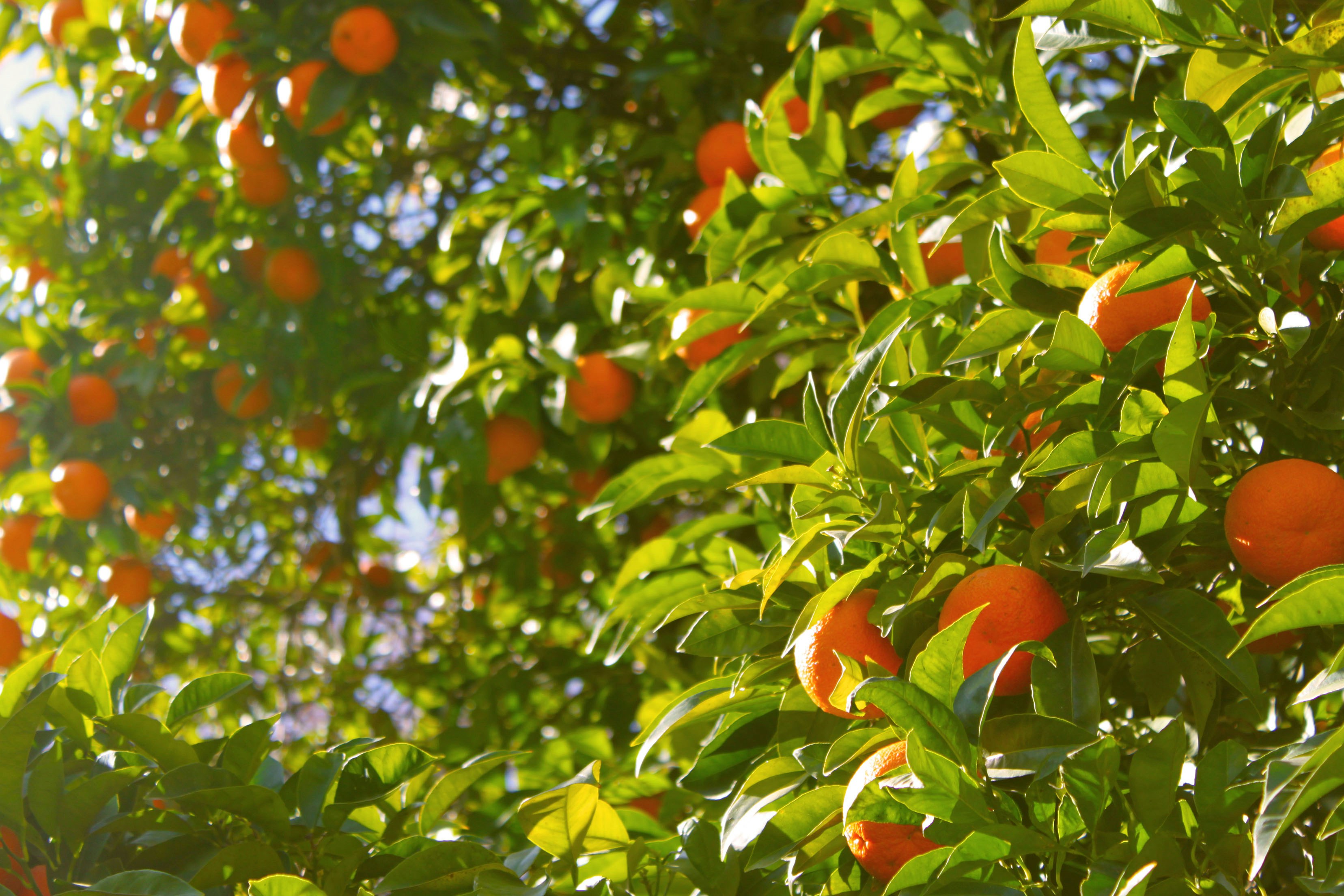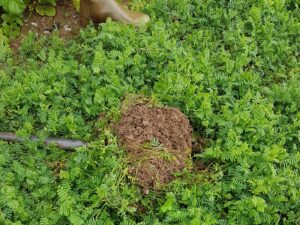Hot weather this summer has the potential to significantly damage citrus crops this year, causing leaf scorch and fruit abortion. Citrus growers should therefore consider applying biostimulants like BEOZ Garnet to improve their fruits’ resilience to heat stress.
BEOZ Garnet contains a precursor composition of amino acids with greater tolerance to heat and water stress. It induces systemic resistance in plants against heat and high temperatures. In addition, unique Metabolite Technology with complex agents enhances these actions within the plant, says Eduardo Lopes Cancellier, global biostimulant portfolio agronomist at ICL Growing Solutions. “This results in an increase in vegetative growth reflected in a higher fruit yield and increase in plant height.”
So how does it work? Many organisms in nature produce a wide range of exudates, including organic acids, amino acids, polysaccharides and many others. These act as powerful tools which modulate plant physiological responses, promote nutrient uptake, and stimulating growth.
“Additionally, they play a crucial role in influencing soil’s chemical and physical properties, like nutrient availability and soil aggregation and structure, making the environment more conducive to plant health and productivity,” says Eduardo.
Plant interaction
Science has proven that a multitude of naturally produced molecules have the capacity to modulate plant growth. They are produced as part of the metabolism of many species, and they may bring many potential benefits. “This is how plants interact and communicate with the environment and other living beings. Some of these fractions induce unique physiological activities in plants, like enhancing tolerance to salinity, heat, drought, and other stress.
“Our molecular distillation technology ensures that only the most effective and beneficial compounds are utilised as part of our biostimulants formulation, leading to superior plant growth, resilience, and overall agricultural success,” he adds.
“Traditional first and second generation biostimulants are already proven in the market. The incorporation of Metabolite Technology allows the evolution of a third generation of these products, greatly increasing their performance. This allows them to act to environmental factors and increase stress tolerance.”
Metabolic processes
The Metabolite Technology acts directly or indirectly on the plants, prompting internal metabolic processes. This stimulates the transcriptome, where plants manufacture enzymes and proteins to modulate their metabolic activity.
“Transcriptomics is one of the most advanced tools in plant biology. This technique enables us to identify which genes are activated or deactivated following the application of our Metabolite Technology.”
In trials, plants activated 173 genes to adapt to suboptimal conditions. When treated with Metabolite Technology, they activated 367 genes, resulting in the production of an additional 203 proteins, including stress-responsive enzymes like catalases and peroxidases.
“This demonstrates how the Metabolite Technology enhanced the plants’ tolerance to abiotic stress, equipping them with a wider arsenal of tools to fight against adverse conditions.”
For more information visit www.icl-group.com.






